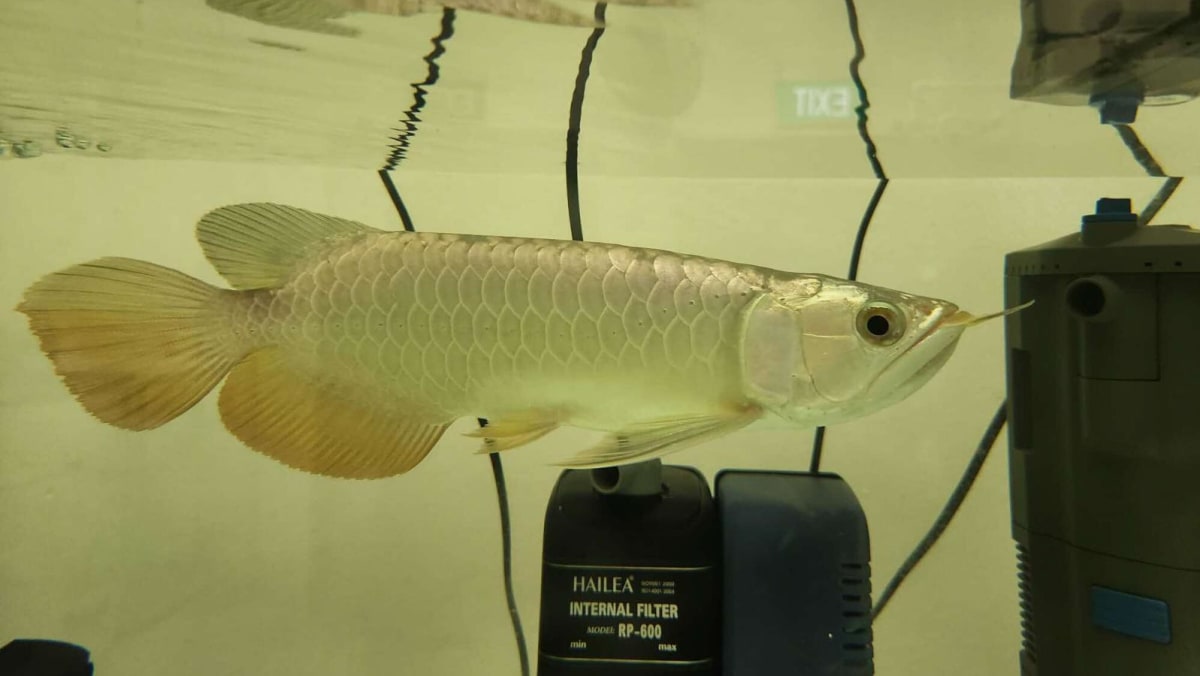THE OFFENCES
In late 2023, Liyu agreed with an unknown person who was known to him as “Albert” to bring Asian arowanas into Singapore and deliver them to customers in the country for a fee of RM300 (US$69) to RM450 per delivery.
Prior to his arrest, Liyu brought a total of 12 Asian arowanas into Singapore over the course of 10 trips between Sep 20, 2023, and Apr 8, 2024. He typically brought the fish in one at a time, but brought in two at the same time on two occasions.
Court documents said that Liyu was aware that he needed CITES permits to bring Asian arowanas into Singapore, “but deliberately did not apply for (them)”.
After his arrest, while out on bail on May 16, Liyu circulated a WhatsApp message to a group of people within the Asian arowana community requesting contributions that would help him pay any fine that might be imposed on him.
He said in his message that he would offset such contributions from any further deliveries of arowanas that he would carry out in the future.
“When I go back to Malaysia, I will continue to transport arowana to SG. My supplier will continue to work with me and we will make it better to send fish to your house,” his message further stated.
Liyu’s was the first arowana smuggling case detected this year, NParks said. Another Malaysian man, Mohd Firdaus Ng Abdullah, has also been dealt with over his attempt to smuggle an Asian arowana into Singapore on Jul 19, the board added.
“To date, there have been around 18 cases of wildlife smuggling detected in 2024 through land, air (and) sea checkpoints. Out of these cases, six involve the smuggling of arowanas,” NParks said, noting that the smuggling and illegal trade of pets, including ornamental fish such as Asian arowanas, compromises the health and welfare of animals and poses a threat to public health.
The board strongly encouraged prospective pet owners to adopt their pets from animal welfare groups or to purchase their pets from licensed pet shops and not from unknown sources on online platforms.
“We have a shared responsibility to safeguard animal health and welfare by not contributing to the demand for illegally imported animals,” NParks added.
“When we stop buying animals from unknown sources, the smuggling will cease.”

